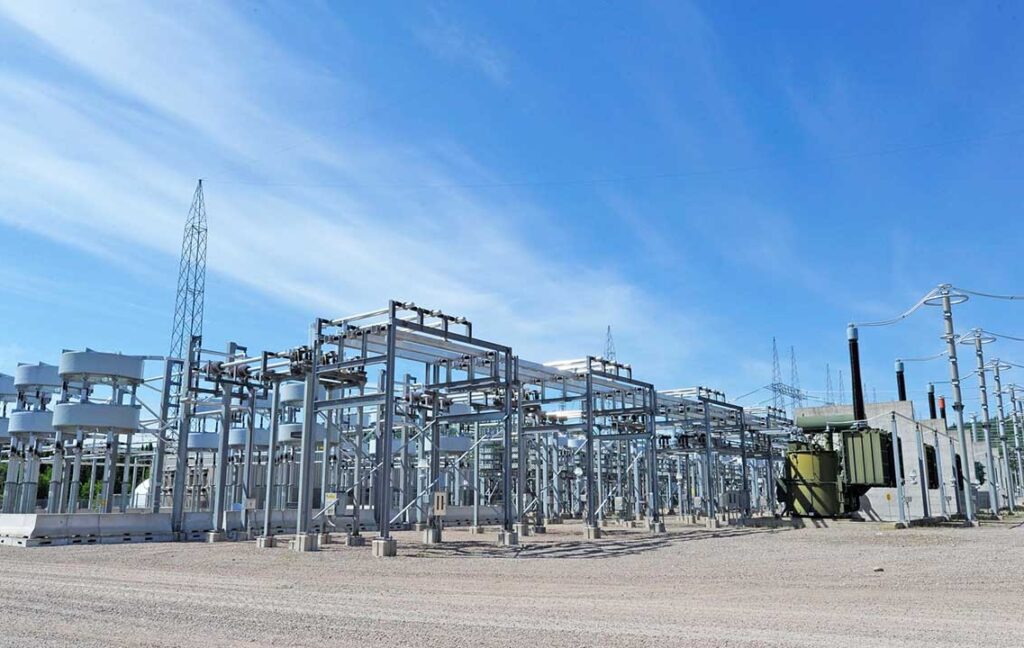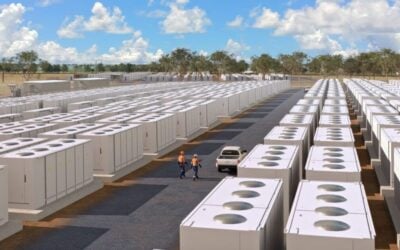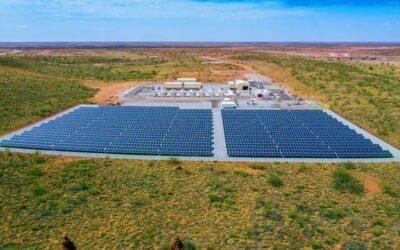
The battery energy storage system (BESS) subsidiary of Canadian utility Hydro-Québec, EVLO Energy Storage, has announced its first project in the US.
The company operates several BESS projects in Canada and France but this will be its first US facility.
Enjoy 12 months of exclusive analysis
- Regular insight and analysis of the industry’s biggest developments
- In-depth interviews with the industry’s leading figures
- Annual digital subscription to the PV Tech Power journal
- Discounts on Solar Media’s portfolio of events, in-person and virtual
The project in Troy, Vermont, will have a capacity of 3MW, making it EVLO’s third-largest project by capacity, behind the Tonnerre project in France and the Parent facility in Canada. It is expected to be completed before the end of the year.
The project will consist of 16 EVLO 1000 battery units and the EVLOGIX monitoring and management system, which EVLO will use to assess and manage the project for 20 years. Hydro-Québec launched EVLO in 2020.
“EVLO is proud to lend its decades-long experience and technical expertise in battery energy storage systems development and operations to this renewable integration project,” said Sonia St-Arnaud, president and CEO of EVLO. “Battery energy storage systems are a key means to transform the grid since they help reduce peak demand events and enable renewable energy generation.
“This project provides an exciting opportunity to demonstrate how they can benefit utility customers and New England’s energy system.”
The project’s cost will be shared among its owners and the US Department of Energy through the Sandia National Laboratories, a series of research institutions owned by the US government and operated by a subsidiary of Honeywell International. It received government funding through Sandia’s Electrical Energy Storage Demonstration Projects program totalling US$2 million, an initiative which has offered support to 17 BESS projects around the world.
The project will also provide data to the US Department of Energy and the Sandia National Laboratories on how the grid is used in the north-east of the US. With new battery technology seeing considerable interest and investment from those in the sector, collecting and assessing data from BESS projects will provide vital insights that could inform future decisions made in the US energy sector.






